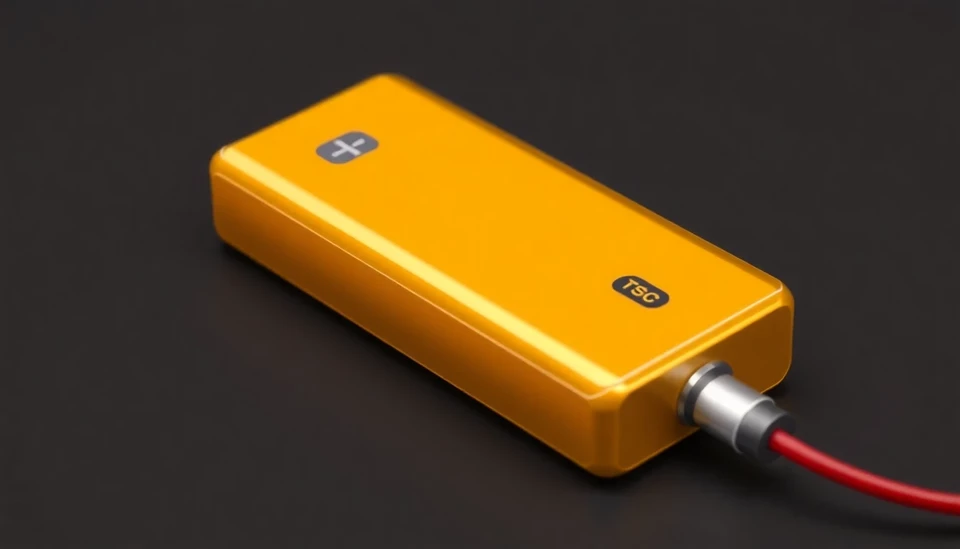
The ongoing trade tensions between the United States and China, which have escalated over recent years, have inadvertently opened new doors for technology advancements, particularly in the field of battery development. Analysts and industry experts are noting a significant shift towards sodium-ion batteries as a viable alternative to lithium-ion systems, highlighting how geopolitical factors can spur innovation.
With the world increasingly turning its focus towards sustainable energy solutions and reducing reliance on lithium—a resource largely controlled by China—the shift to sodium-ion technology appears to be a timely development. Sodium, being more abundant and widely available, offers numerous advantages, including reduced costs and improved safety. As the trade war continues to create uncertainties in supply chains, US companies are now compelled to diversify their battery technologies to ensure energy security and sustainability.
Major companies and research institutions are ramping up their efforts to develop and commercialize sodium-ion battery technology. One of the leaders in this arena is a prominent American start-up that has demonstrated the feasibility of sodium-ion batteries in consumer electronics, paving the way for broader applications in electric vehicles and renewable energy storage systems.
Furthermore, recent advancements in the chemistry of sodium-ion batteries have shown promise for increased energy density and efficiency, making them competitive with traditional lithium-ion batteries. Experts suggest that this innovation could reshape the energy storage landscape, especially as the world moves towards a greener future.
Moreover, the shift to sodium-ion batteries aligns with the US government's push for domestic energy production and technology independence. By investing in these alternative battery solutions, the country aims to lessen its dependence on foreign lithium sources and enhance its position in the global energy market. The belief is that the advancements in sodium-ion technology could provide an essential buffer against the economic and supply chain uncertainties stemming from current geopolitical strife.
As both governments grapple with trade policies and tariffs that affect a multitude of industries, the battery sector stands at the crossroads of innovation and necessity. Experts predict that the acceleration of sodium-ion battery research will be accompanied by increased collaboration between public and private entities, with the overarching goal of developing robust energy storage systems that are not only efficient but also environmentally friendly.
In conclusion, while the trade war between the US and China presents challenges, it also catalyzes a much-needed evolution in battery technology. The emerging field of sodium-ion batteries is indicative of the potential for innovation during turbulent times, marking a pivotal moment for energy storage solutions aimed at supporting a sustainable future.
#USChinaTradeWar #SodiumIonBatteries #Innovation #EnergyStorage #SustainableTechnology #BatteryTechnology #GeopoliticalImpact
Author: Megan Clarke




